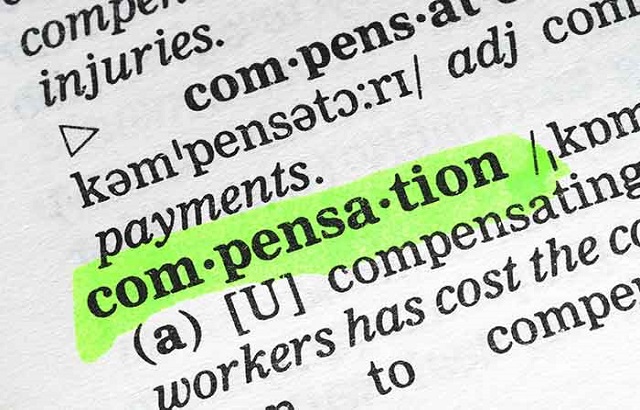A recent ruling by the Irish High Court has opened the door for former clients Custom House Capital to receive compensation more than 10 years after the investment firm failed.
Two years ago, Irish state-backed rescue fund Investor Compensation Company (ICCL) attempted to block payments to around 1,400 investors on the grounds that they might recoup more money than they had lost.
The lifeboat scheme will pay 90% of the capital invested up to a maximum €20,000.
But, on 13 October 2021, justice Mark Heslin rejected the ICCL’s arguments saying the compensation company’s case “wholly ignores the materially important element” of how long clients of Custom House Capital have been deprived of their assets.
Custom House Capital was liquidated in 2011 after senior directors were discovered to have misappropriated €66.5m (£56.1m, $77.4m) in investors’ funds between October 2008 and July 2011.
The lifeboat scheme had paid compensation worth €7.4m to 574 Custom House Capital investors up until 2019. But 1,400 investors are still awaiting reimbursement after the ICCL filed an application with the Irish High Court in 2019 following a disagreement with liquidator Kieran Wallace of KPMG.
It has set aside €12.3m for the rest of the investors.
Court decision
Justice Heslin said on 13 October: “It is a complete oversimplification on the part of the ICCL to suggest that someone ‘lucky’ enough to receive, a decade after a winding-up order, their original investment and who has also received a compensation payment is ipso facto someone who has been ‘overcompensated’.”
He added that investors “suffer loss” if they are not able to access their funds when a winding-up order of an investment firm is made.
“It is impossible for this court to calculate the loss which each and every investor has sustained, but it is fair to say that the evidence demonstrates that relevant investors have suffered a very real loss of this type,” Justice Heslin said. “This is so, even if, a decade after the winding-up order was made, the investor in question ultimately receive their original investment, in addition to such payment of compensable loss as they received at an earlier stage.
“In other words, based on the evidence before this court, it is not accurate to say that an investor who eventually gets their investment back a decade after a winding-up order suffered no actual loss and, thus, any compensation they received from the ICCL must be regarded as ‘overcompensation’ or ‘overpayment’.”
ICCL said in a statement: “All parties must await the formal order of the court which will reflect the court’s decisions, following which the position of all parties and the next steps should be clearer. This order is expected to be available at an early date.
“The judgment provides clarification on the interpretation of a number of important provisions of investor compensation legislation applicable to the ICCL Compensation Scheme. The ICCL is engaging with the official liquidator of CHC with a view to advancing the certification of outstanding claims and the associated payment of compensation. Further information will be provided when available.”
Set precedent
Jonathan Haynes, senior consultant at research firm Oxera, said: “This test case will set a precedent for future investor compensation scheme cases in Ireland.
“Many pensioners have lost large sums of money and/or have been left without access to their pension pots for over 10 years as a result of this case. We hope that this judgement will enable these individuals to receive some compensation for their losses.
“The ruling highlights the importance of quick and speedy compensation payments. The key objective of any investor compensation scheme is to maintain market confidence. If a compensation scheme is to be a success, it must pay compensation quickly.”
Upcoming trials
According to the Irish Times, former Custom House Capital chief executive Harry Cassidy was charged in August 2020 with misleading customers and clients as to where and how assets were placed in the firm.
Prior to that; director John Mulholland, ex-investment director John Whyte, head of finance Paul Lavery, and former portfolio manager Ciara Kelleher were charged and appeared in court in June 2020.
They were also accused of misleading investors as to where and how assets were placed in the investment firm from October 2008 until July 2011.
All defendants are still set to face trial.








